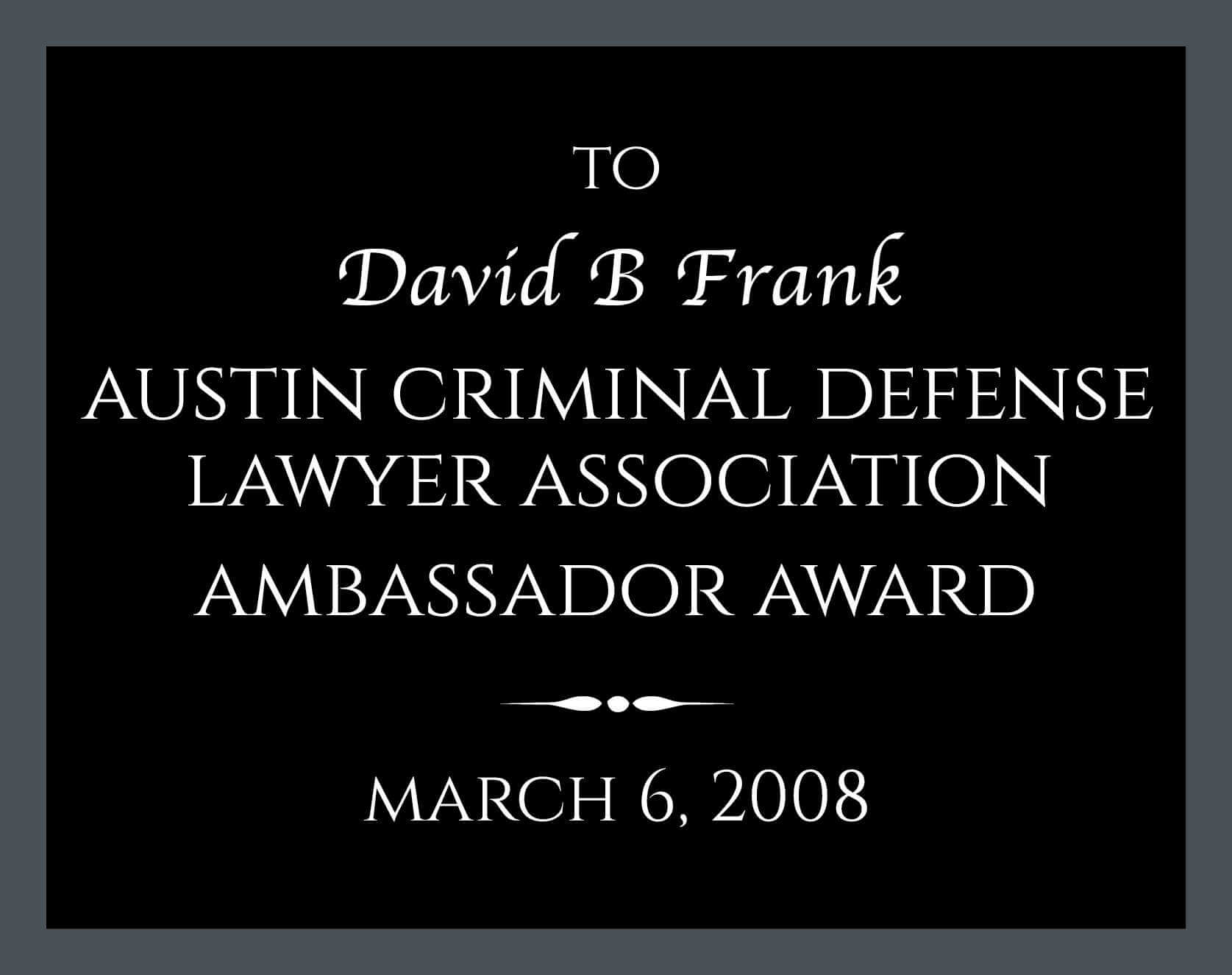A driver alleged that my client damaged her vehicle and left without exchanging information. In a quick series of events, my client became the subject of a DWI investigation. Deputies entered my client’s home and began a search for evidence. We argued that the Police violated the warrant requirement when they illegally entered client’s home — the court agreed.
After the accident, the driver followed my client home. She saw client pull into her garage and close the door behind her. Travis County Deputies arrived and knocked on the front door and the garage with no response. One Deputy testified that he went alongside the garage and looked through a side window and could see client sitting in her car. There was no sound of an engine running and client did not exhibit signs of distress.
Client never consented to entry. The Deputies never saw an offense committed. There was no evidence of hot pursuit, destruction of evidence, nor an attempt to flee or escape. They testified that they could have obtained a search warrant from a Municipal Court 5 to 6 minutes down the road but said they didn’t need one.
After 45 minutes, client opened the garage door. The Deputies immediately entered the garage and then the home. That led to the detection of alcohol and a DWI investigation. We argued that the evidence was obtained illegally and in violation of Defendant’s rights under Texas and Federal law.
One Deputy claimed to have a “Master Peace Officer’s License” yet seemed to have a total lack of understanding about the need to obtain a warrant. He claimed simply that he did not need a warrant to enter the home. The Deputies had functioning audio video equipment but didn’t use it to record the investigation. A supervisor testified that he found nothing wrong with entering client’s home and that his fellow Deputies had done exemplary work on the case. We argued that if allowed to stand, this same improper police misconduct would be repeated with impunity. The court considered whether the actions of the Deputies could be classified as “flagrant misconduct” and counted this factor heavily against the State.
The court agreed that the community caretaking exception did not apply in this case. The record showed that the Deputies were not primarily motivated by their community caretaking function, but instead by their quest to make a DWI arrest. Client was not exhibiting any signs of distress, she had arrived safely at her home, she did not need the assistance of the Deputies, and she did not present a danger to herself or any other person.
Finally, we argued that there is no diminished expectation of privacy in a residential garage. The expectation of privacy in a garage is the same as the privacy expectation one has for the home itself. There was simply no excuse for not attempting to seek a search warrant.
The Court suppressed all the evidence in the case and the State dismissed.



Leave a Reply